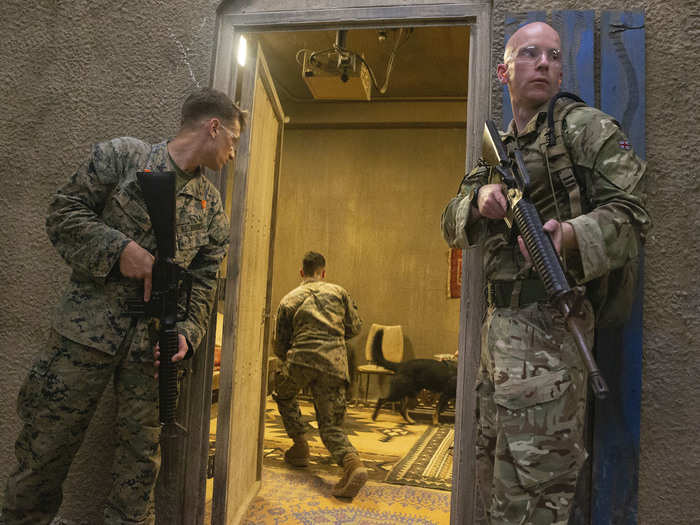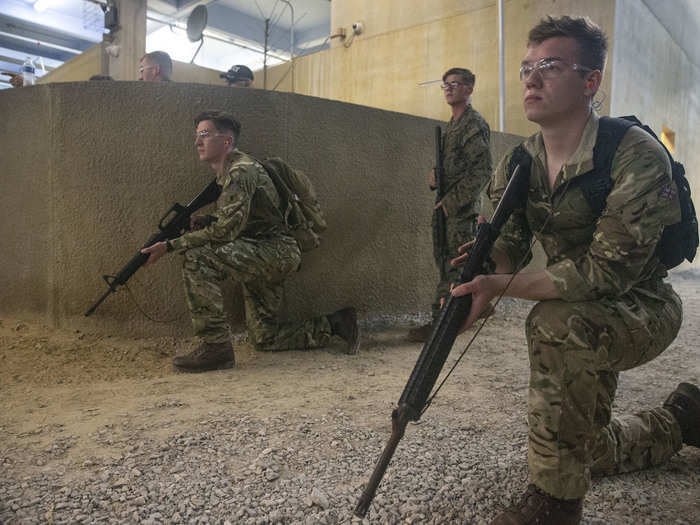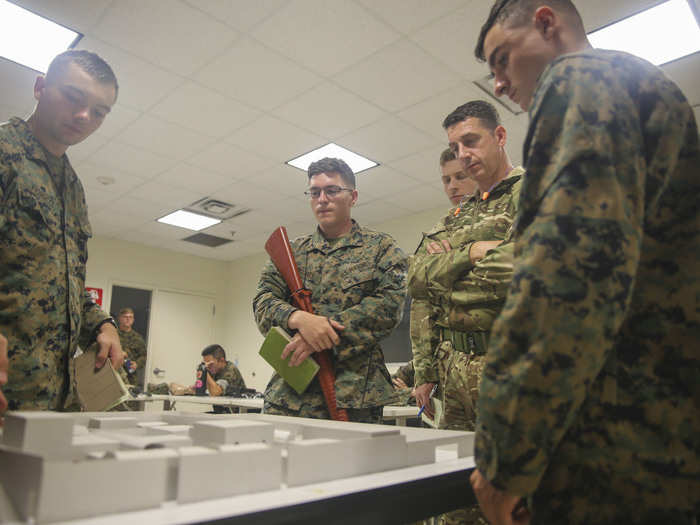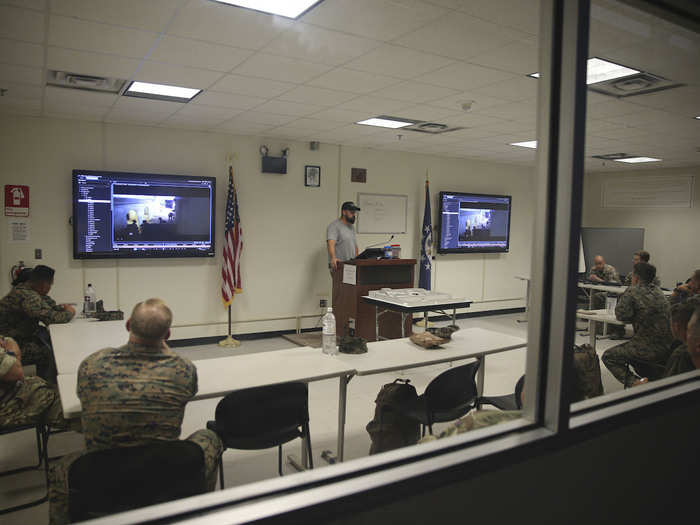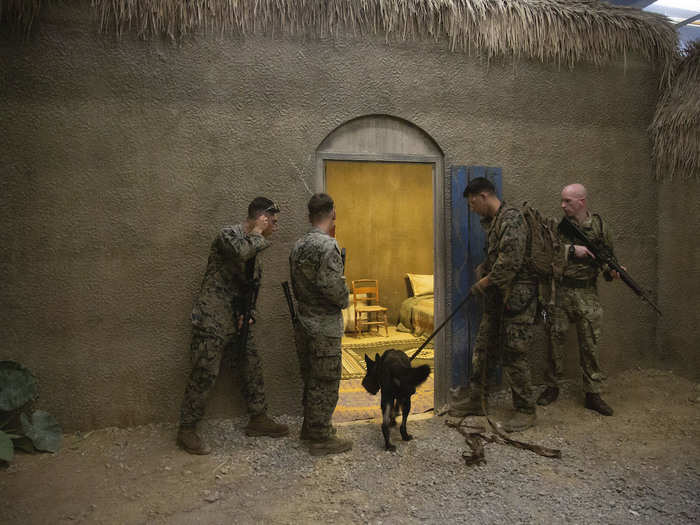US Marines and British soldiers teamed in North Carolina to practice handling POWs and finding bombs
The urban setting of the IIT provided the US Marines and British soldiers with realistic training, and interactive role players gave the combined force of intelligence operatives a realistic setting to apply their skills.
Popular Right Now
Popular Keywords
Advertisement

